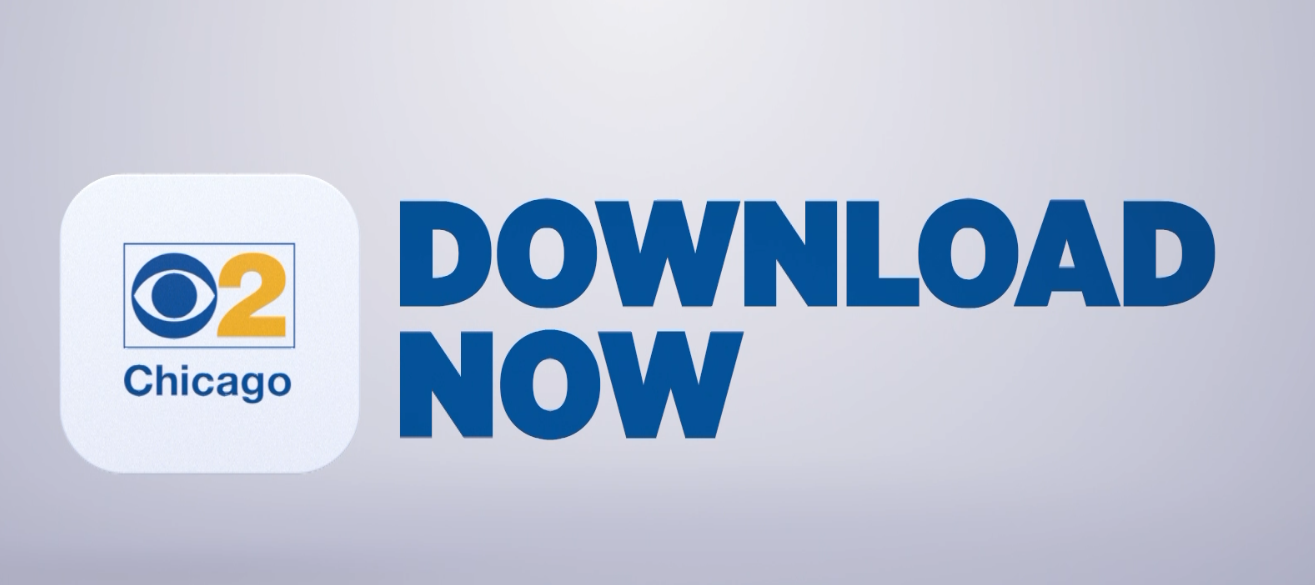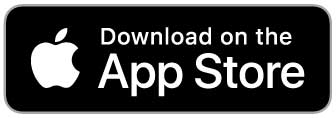Coronavirus In Illinois: Extra COVID Restrictions Coming For DuPage, Kane, Will, Kankakee Counties; Statewide Hospitalizations Hit Four-Month High
CHICAGO (CBS) -- Bars and restaurants in DuPage, Kane, Will, and Kankakee counties will have to halt indoor service starting Friday, as the state announced tougher COVID-19 restrictions for much of the Chicago suburbs due to a resurgence of the virus throughout the state.
"We have a deadly virus that is still prevalent throughout the state of Illinois. Let's please get together, band together, because none of us can do this alone. Individualism won't get us through this pandemic. We have to get through this together," said Illinois Public Health Director Dr. Ngozi Ezike.
Gov. JB Pritzker said the added mitigations in Region 7 (Will and Kankakee counties) and Region 8 (DuPage and Kane counties) were triggered when both regions surpassed a 7-day average positivity rate of 8% for three days in a row. Region 7's positivity rate stands at 8.6%, and Region 8's rate is now at 9%.
Will and Kankakee counties previously had added restrictions in place for more than three weeks from late August through mid-September, but those limits were lifted as their infection rate dropped to as low as 5.2% in September. Region 7's positivity rate started climbing again in October.
In addition to halting indoor service at bars and restaurants starting Friday, other new restrictions for DuPage, Kane, Will, and Kankakee counties include: requiring reservations for each party at restaurants and bars; shutting down party buses; requiring restaurants, bars, casinos, and other gaming facilities to close at 11 p.m.; and reducing capacity limits for public gatherings to the lesser of 25 people or 25% of overall room capacity.
The new guidelines do not change how schools in those regions must operate. School districts currently set their own guidelines for how to hold classes during the pandemic, under broad guidelines provided by the state.
Illinois State Rep. Grant Wehrli, a Republican from Naperville, said Pritzker should now bring lawmakers back to Springfield for a special session to come up with a new plan for addressing the rise in cases across Illinois.
"No one is discounting the seriousness of this virus. We all need to be careful and take preventative steps to stop the spread. But with this second wave of COVID-19, this is the optimal time for the Governor to call a special session to determine how we can best move forward. Legislators represent the voices within our districts, and those voices deserve to be heard," Wehrli said in a statement. "I believe all businesses are essential. They are essential to those who rely on their paychecks, and they are essential to the local economy. Governor Pritzker should bring us to Springfield so that together we can create a new plan that finds the balance between public safety and economic stability that has been missing from the COVID response thus far."
Additional COVID restrictions also were announced Monday for Region 5 in southern Illinois (Alexander, Edwards, Franklin, Gallatin, Hamilton, Hardin, Jackson, Jefferson, Johnson, Marion, Massac, Perry, Pope, Pulaski, Saline, Union, Wabash, Wayne, White, and Williamson counties), effective Thursday. Region 1 in northwest Illinois has been under increased mitigations since Oct 3, and its 7-day average positivity rate has only continued to climb since, now standing at 11.8%, according to Pritzker.
That means four of the state's 11 regions are now under increased mitigations, and Pritzker said positivity rates have been climbing for every region over the past week.
"As colder weather approaches, and flu season is upon us, we're going to see the rippling effects of these current unfortunate trends. The massive surge of cases in our neighboring states will continue to have a spillover effect," Pritzker said. "There is no easy fix for the effects of this virus on our economy and on our public health, but we can and we will manage through this."
Pritzker said there is ample evidence that the recent rise in cases in Illinois can be partly tied to bars and restaurants.
"Bars and restaurants are spreading locations, significant spreading locations," Pritzker said.
The governor said private gatherings also are a major opportunity to spread the virus.
"It's not so much your own family that you're living in a pod with every day, as it is when you're inviting either other family that don't with you, friends over," Pritzker said. "I'm not saying you can't do that. All we're saying is, as Dr. Ezike said the other day, that it's important for you to maintain social distance, even when you're having friends over. It's okay. Six feet is not that far. Wearing a mask when you don't know them, that they've been tested, or that they're COVID-free. It's an appropriate thing; making sure that people have hand sanitizer available to them, that they wash their hands, etc."
The governor said following public health guidance will be especially important for the upcoming holidays, as more people gather with their extended families or friends.
Pritzker said added mitigations can be lifted in a region if their positivity rate averages less than or equal to 6.5% for at least three days in a row. However, if a region's positivity rate stays at or above 8% for 14 days or longer, the state could impose even more stringent COVID rules. That means northwest Illinois could soon see even more virus restrictions.
The governor said businesses in regions with added mitigations will receive priority for $220 million in "Business Interruption Grants" available from the state. The BIG grants are available to small businesses still struggling during the pandemic.
Pritzker also warned against so-called "COVID fatigue," when people grow weary of COVID-19 restrictions and begin ignoring basic public health guidance.
"If you're getting tired and you've let your guard down, now is the time to pick it back up. Mask up, wash your hands, keep your distance. We have to manage through this until the effective treatments and vaccines are fully tested and ready for distribution," the governor said.
The announcement of the new restrictions for Region 7 and Region 8 comes as the state reported 3,714 new confirmed cases of COVID-19 in Illinois on Tuesday, as well as 41 additional deaths, and the state's positivity rate and hospitalizations from the virus also continued to climb.
The new coronavirus cases announced by the Illinois Department of Public Health account for 6.3% of the new tests reported on Tuesday. The statewide 7-day average positivity rate now stands at 5.5%, the first time the state has hit that mark since June 6.
Since the start of the pandemic, IDPH has reported a total of 350,875 cases of COVID-19, including 9,277 deaths.
Hospitalizations from the virus also have been rising in October, with 2,261 people in Illinois in the hospital with COVID-19 as of Monday night, the most since June 10, when there were 2,367 COVID hospitalizations in Illinois. Since the start of October, Illinois has averaged 1,834 hospitalizations from COVID-19 per day, compared to 1,533 per day for the same time period in September.
So far, the vast majority of coronavirus patients in Illinois have recovered from the disease, with a 97% statewide recovery rate as of Monday. The state's recovery rate calculates the number of people who have tested positive for the virus, and have survived at least 42 days after their test.
Pritzker said, despite the new wave of cases, he's not currently considering another statewide stay-at-home order for Illinois.
"As you know, we have this resurgence mitigation plan in place. It's been working. As regions have gone into the resurgence mitigations, they've been able to lower their positivity rates and come out of it. It takes a little longer for some regions than others, for reasons I can't explain, but they do come out of it. So we're going to continue with the plan we're on that's a regional plan," he said.






